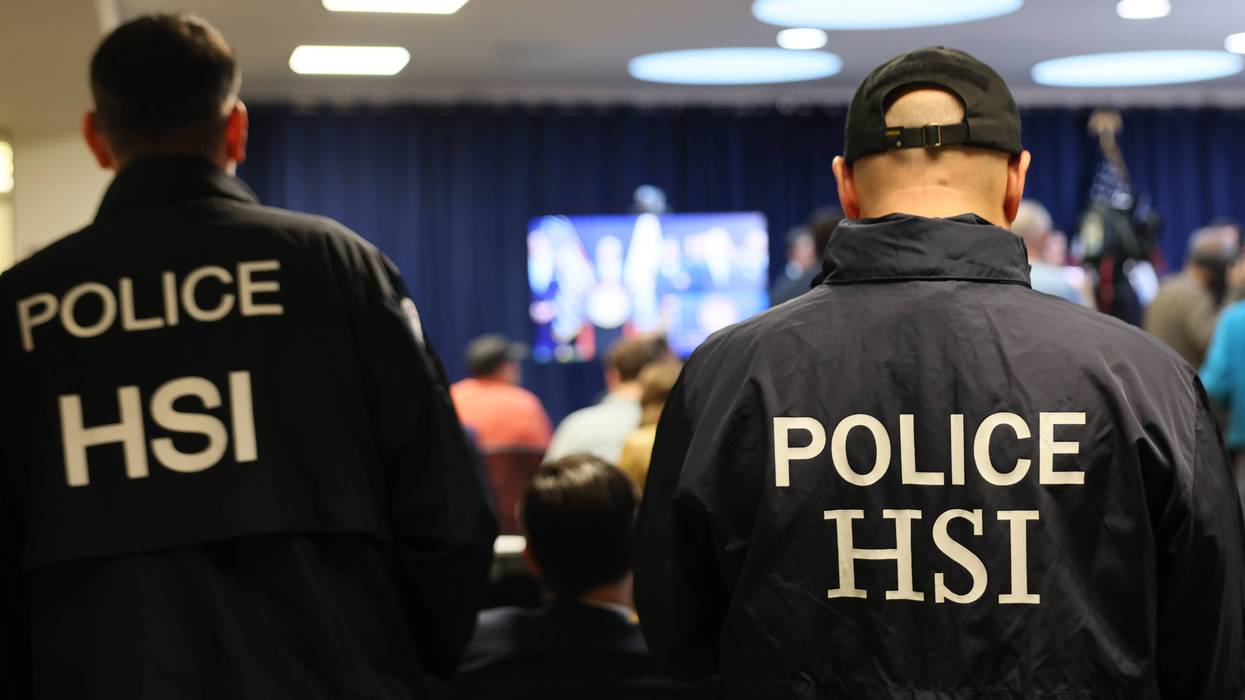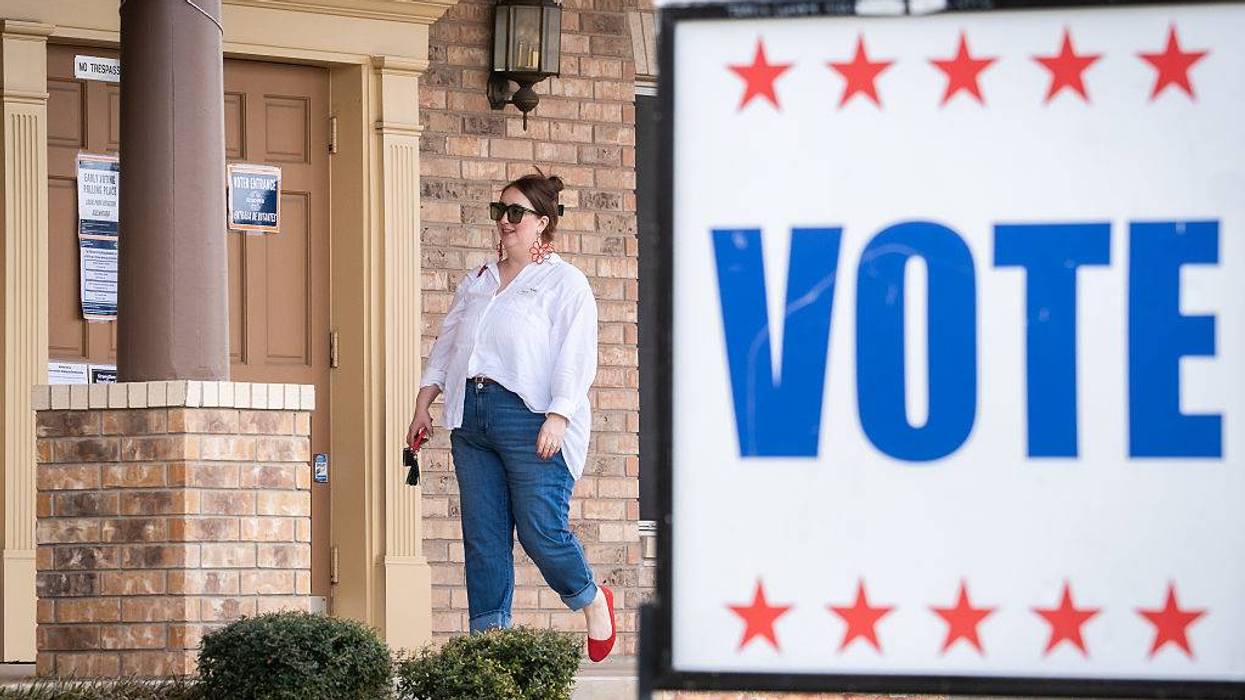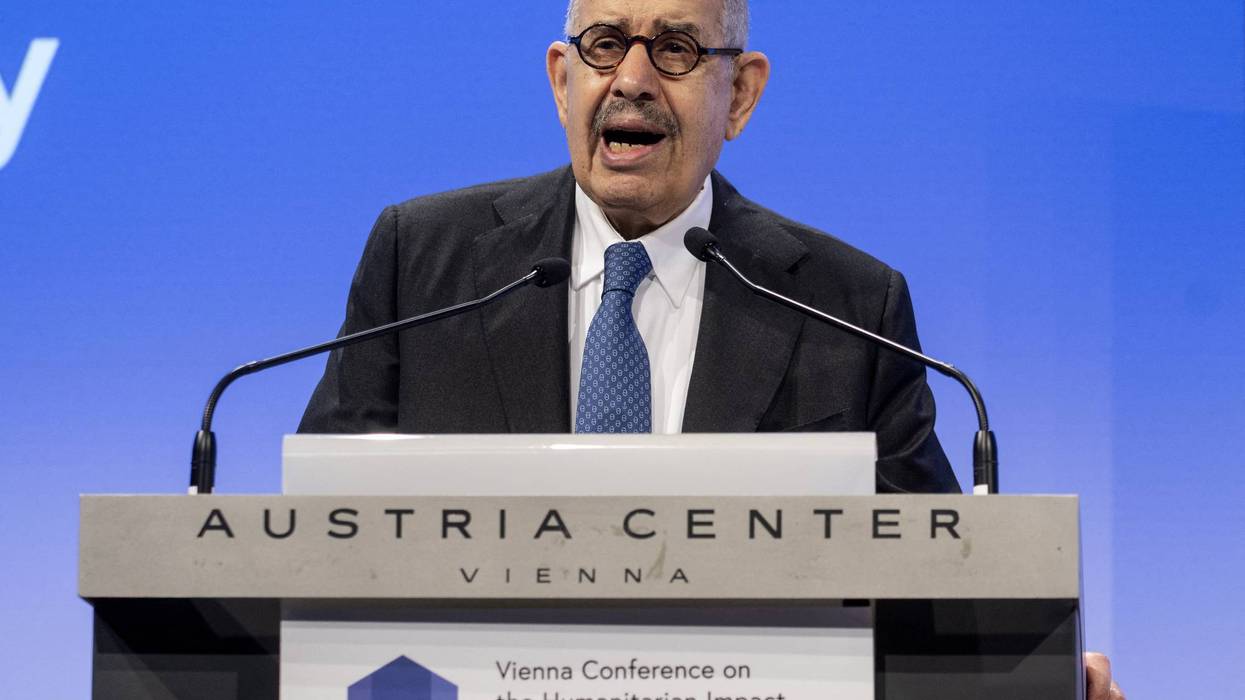June, 30 2011, 12:09pm EDT
For Immediate Release
Contact:
Sam Husseini, (202) 347-0020; or David Zupan, (541) 484-9167
* Offense Major Portion of "Defense" Budget * State Shortfalls Could be Wiped out by Ending Afghan War
WASHINGTON
MIRIAM PEMBERTON, Miriam at ips-dc.org, via Lacy MacAuley, Lacy at ips-dc.org
Pemberton is research fellow of Institute for Policy Studies and co-author of the just-released report "Unified Security Budget for the United States, FY 2012," which finds that retiring Pentagon head Robert Gates' "words were never matched by the facts of his own budget requests. Closely inspected, the past and future military 'savings' claimed by the administration, even if they materialize, will leave us with military budgets even higher than they are now." The report also finds that "the ratio of offense to defense [spending is] at 11:1."
CHRISTOPHER HELLMAN, chellman at nationalpriorities.org
Senior research analyst at the National Priorities Project, Hellman said today: "A recent report by the Center for Budget and Policy Priorities found that 41 states and the District of Columbia are projecting budget shortfalls for Fiscal Year 2012 totaling $102.9 billion. This amount could be wiped out entirely by the amount spent on the war in Afghanistan this year ($122 billion in FY2011). Further, the amount contributed by each individual state to the war's cost would wipe out that state's shortfall in roughly 80 percent of the states projecting deficits. In some cases a state's war contribution exceeds its projected shortfall by billions of dollars." See breakdown here.
Background: The Wall Street Journal reports on just one example of local budgets in turmoil: "The Day the Law Left Town: Texas City Sends Police Packing to Cut Costs; Sheriff Plays Catch as Catch Can." The piece states: "People [in Alto, Texas] are bracing for a spike in crime after the city put its police force on furlough. ... City Council members sent the police home when they decided they couldn't afford them. On June 15, the police chief and his four officers secured the evidence room, changed the passwords on their computers and locked the department's doors for six months -- longer if local finances don't improve by then."
A nationwide consortium, the Institute for Public Accuracy (IPA) represents an unprecedented effort to bring other voices to the mass-media table often dominated by a few major think tanks. IPA works to broaden public discourse in mainstream media, while building communication with alternative media outlets and grassroots activists.
LATEST NEWS
Family of Ruben Ray Martinez Demands Answers After Grand Jury Declines to Indict ICE Agent Who Killed Him
Lawyers for the family said it wasn't clear whether the grand jury had been shown footage of officers "dragging Ruben onto the ground and handcuffing him immediately after shooting him three times."
Feb 26, 2026
Attorneys for the family of Ruben Ray Martinez, a 23-year-old US citizen who was fatally shot by a Homeland Security Investigations agent last March in South Padre Island, Texas, called for state authorities to release the findings of their investigation into the killing after a grand jury on Wednesday declined to indict the officer who shot the young man.
The lawyers also said that it was not clear whether the grand jury had viewed a draft affidavit signed by the only other passenger in the car Martinez was driving when he was shot, which disputed the Department of Homeland Security's (DHS) account of the incident, or footage of an Immigration and Customs Enforcement (ICE) agent "dragging Ruben onto the ground and handcuffing him immediately after shooting him three times."
"We believe that it is essential now that the Texas Department of Public Safety publicly disclose the full findings of their investigation, so that Ruben’s family and the public can determine for themselves whether ICE’s story is accurate and why Ruben was killed that night,” said the attorneys with the law firms Thompson Stam and Hayes Law. “We have sought that information, and we will continue to do so... Today’s event changes nothing.”
Luis V. Saenz, the district attorney of Cameron County, said in a statement that the grand jury had declined to bring charges, while a spokesperson for DHS said the jury had “unanimously found no criminality.”
The decision was handed down days after the other passenger in Martinez's car, his friend Joshua Orta, was killed in an unrelated car crash after the vehicle he was driving reportedly left the road and struck a utility pole at high speed.
Orta had been planning to assist Martinez's mother, Rachel Reyes, in her legal fight and provided a written statement to her lawyers saying that when he and Martinez encountered Homeland Security Investigations (HSI) agents who were conducting immigration enforcement with local police on March 15, 2025, the officers gave Martinez conflicting orders.
Orta wrote that contrary to HSI's account, he and Martinez were approached by a police officer who told them to leave the area. Martinez tried turning the car and another officer approached them, slapped the hood of the vehicle, and "seemed to be trying to get in front of the car," according to his affidavit.
He wrote that Martinez's car was "only crawling" during the encounter, when an officer on the driver's side of the vehicle drew his weapon and fired without “giving any warning, commands, or opportunity to comply.”
Martinez “did not hit anyone," said Orta in the statement.
Reyes told the Associated Press last week that her son was shot three times.
Internal documents at HSI, an office within ICE, conflicted with Orta's account and said Martinez initially declined instructions to stop driving, then "accelerated forward" and struck an HSI agent “who wound up on the hood of the vehicle.”
Another supervisory HSI agent then fatally shot Martinez, according to the documents.
DHS also said in a statement that an agent fired “defensive shots to protect himself, his fellow agents, and the general public.”
Martinez's death was reported in local news outlets last March, but it was not until the watchdog group American Oversight filed a public records request and published federal documents that it was publicly known that a federal agent had killed the young man.
The family's lawyers told the Washington Post that they expect to soon be able to view footage of the shooting from body cameras worn by South Padre Island police, who have declined to publicly release video evidence of shooting due to the Texas Department of Public Safety's investigation. That probe will likely end due to the grand jury's decision.
“Ruben’s family is devastated,” the attorneys said in a statement. “They are proud Americans, strong supporters of law enforcement, and Trump voters. They believe there are honest and decent officers out there. They just want to be treated honestly and decently.”
American Oversight also said it had filed Freedom of Information Act requests for police footage and internal communications regarding the killing.
Reyes expressed hope in a statement Wednesday that "attention being raised now into Ruben’s death will help bring the justice we want for him and the answers we haven’t had.”
“Since Ruben’s death a year ago, all we have wanted is justice for him and we have struggled with the silence surrounding his killing,” she said. “Now, the country is in crisis and, terribly, heartbreakingly, other families are enduring what we have."
Martinez is one of at least four US citizens fatally shot by federal immigration agents since President Donald Trump began his anti-immigration crackdown soon after taking office in January 2025.
In a running tracker, the American Prospect has counted at least 27 people who have been killed by federal immigration agents under the second Trump administration, including in shootings, car crashes, and drownings. At least 46 people have died while in ICE custody, according to TAP.
Keep ReadingShow Less
Texas Democratic Primary Turnout Surges in Show of 'Strong Enthusiasm' From Base Voters
Texas Democratic primary turnout has already broken records in both Harris County and Tarrant County.
Feb 26, 2026
Turnout among early Democratic voters in Texas has been surging in what election analysts say is a key sign for what's to come in the 2026 midterm elections.
As CNN reported on Thursday, early voting data shows that more than 850,000 ballots have so far been cast in the Texas Democratic primary, which is "nearly 60% more than the number of votes cast at the same point in the 2020 Democratic presidential primary."
CNN said that this high turnout points to "a continuing trend of strong enthusiasm among the party's base."
To put this in perspective, the Texas Tribune noted that "more ballots have been cast in Texas through the first seven days of early voting for the 2026 midterms than any recent midterm or presidential election year," driven primarily by Democratic turnout.
The Tribune added that Democratic turnout has already broken records in Harris County, the most populous county in Texas, and in Tarrant County, where Democrat Taylor Rehmet earlier this year pulled off an upset victory in a district that President Donald Trump carried by 17 points in the 2024 election.
In breaking down the early turnout numbers so far, CNN polling analyst Harry Enten said on Wednesday that Democrats in Texas may actually outvote Republicans in a primary this year for the first time since 2002.
Enten also said that the turnout surge has big implications for the 2026 midterms.
"When we're talking nationally, primary turnout matters," he explained. "The fact that more people are voting on the Democratic side in Texas at this point, that translates nationally, that would suggest Democrats [are] well on their way to winning the House. And in a red state like Texas? As I said: Mind blown."
Mind blown about the early vote in Texas. TX Dems may outvote the GOP for the 1st time in a midterm primary since 2002!
This indicates they're well on their way to having higher primary turnout nationally & since 06 the party w/ higher primary turnout won the House every time. pic.twitter.com/QaBlWZOCi2
— (((Harry Enten))) (@ForecasterEnten) February 25, 2026
While winning the primary turnout battle wouldn't guarantee a Democratic victory the Texas US Senate general election, Politico reported on Thursday that Republicans in the state are growing nervous about the race.
In particular, Republicans fear that Texas Attorney General Ken Paxton, a highly divisive figure even among Texas Republicans, could win the nomination over incumbent Sen. John Cornyn (R-Texas).
Senate Majority Leader John Thune (R-SD) told Politico that Cornyn is "the best candidate on the ballot in a general election, not only for the Senate, but also for down-ballot races in the House that could be impacted by the Senate race too. He added that the GOP would likely have to spend more money propping up Paxton should he win the Republican nomination.
"Honestly, if you look at the polling in a general election setting," said Thune, "I don’t think it’s outside the realm of possibility that the seat [flips], depending on who the Democrats nominate."
US Rep. Jasmine Crockett (D-Texas) and Texas state Rep. James Talarico are the two leading Democrats battling for the party's US Senate nomination. A survey released Wednesday by pollsters from the University of Texas found that Crockett is leading Talarico in the primary race by 12 percentage points.
Keep ReadingShow Less
Trump March to War With Iran Is 'Iraq Redux,' Says Former Head of UN Nuclear Watchdog
"The US is intensifying the drumbeat of war against Iran, with zero explanation of the nonexistent legal authority to use force and zero evidence of an 'imminent threat,'" said Mohamed ElBaradei.
Feb 26, 2026
The former head of the International Atomic Energy Agency said Wednesday that a US war on Iran would have "horrific costs," a warning that came before American and Iranian officials gathered in Geneva for the latest round of closely watched negotiations.
"The US is intensifying the drumbeat of war against Iran, with zero explanation of the nonexistent legal authority to use force and zero evidence of an 'imminent threat' other than hypothetical scenarios based on possible future intentions," Mohamed ElBaradei, a Nobel Peace Prize laureate who served as IAEA director-general from 1997 to 2009, wrote in a social media post.
"All wars, including 'wars of choice,' have horrific costs," he added. "That is the reason for the restraints and limitations established by international norms. This is Iraq redux... It seems we never learn."
US President Donald Trump and members of his administration have repeatedly claimed, without evidence, that Iran desires and is on the brink of making a nuclear weapon, even after Trump claimed to have "obliterated" the country's nuclear program with airstrikes last year.
Iran has said its nuclear program is entirely for peaceful purposes; the nation's foreign minister, Abbas Araghchi, said earlier this week that Iran would "under no circumstances ever develop a nuclear weapon."
"A deal is within reach, but only if diplomacy is given priority," said Araghchi.
In recent weeks, the Trump administration has assembled a massive fleet of warplanes and aircraft in the Middle East as the US president has threatened to attack Iran, accusing the country of harboring "sinister nuclear ambitions."
But Rafael Grossi, the current head of the IAEA, said last week that the nuclear agency had not seen any evidence that Iran is currently working to develop nuclear weapons capacity.
"On the contrary, I see, today, a willingness on both sides to reach an agreement," said Grossi.
Keep ReadingShow Less
Most Popular


